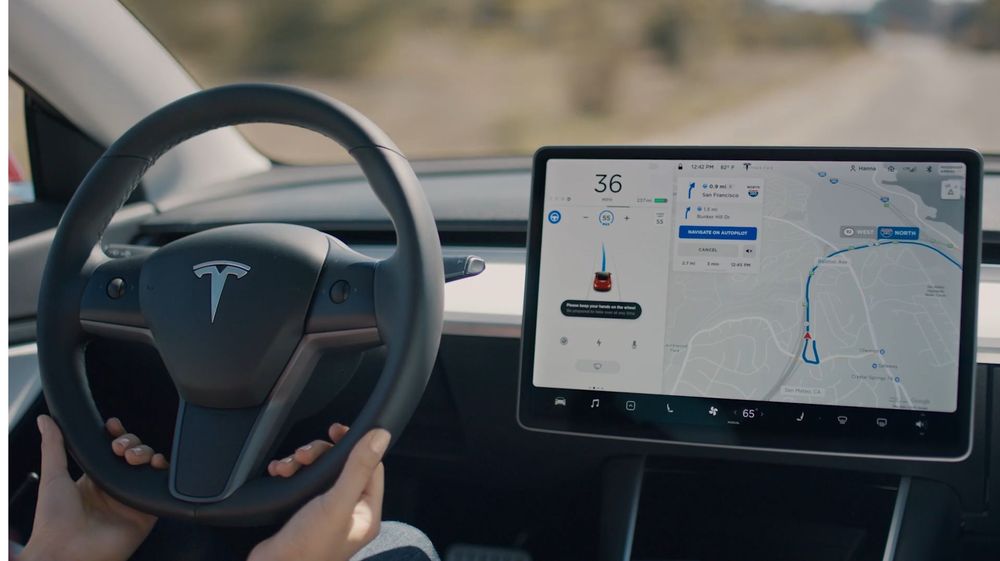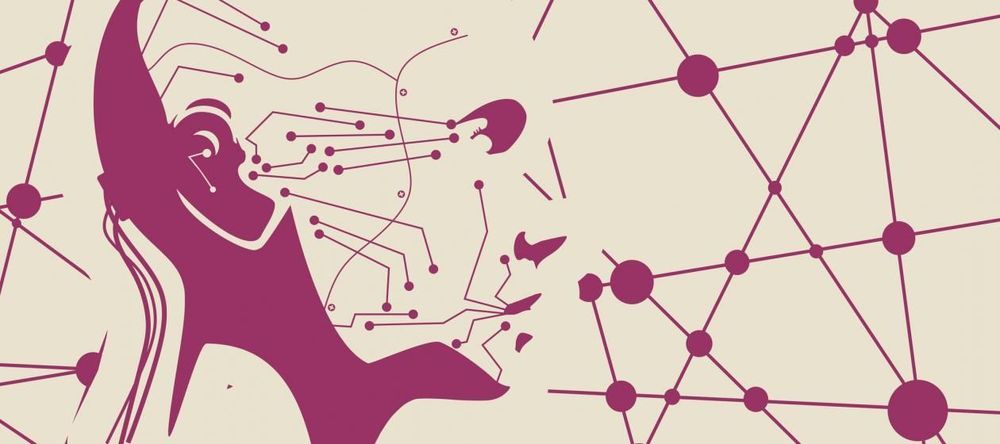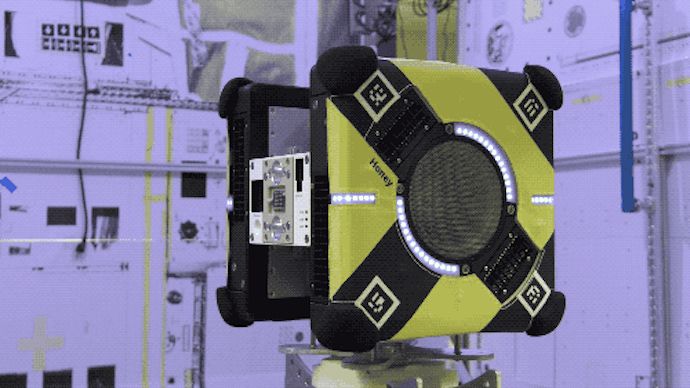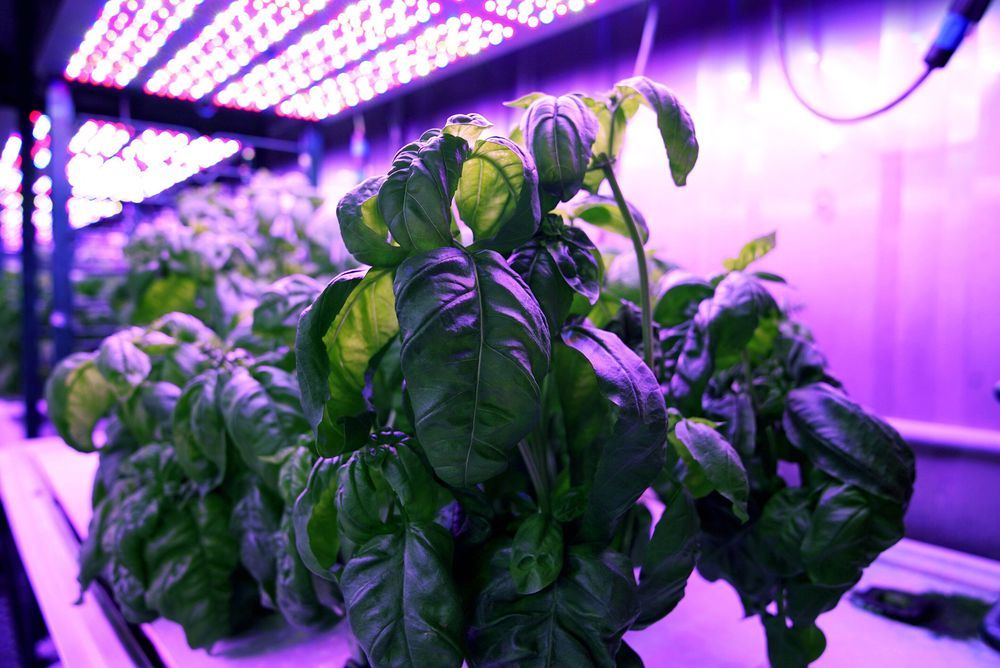Archive for the ‘robotics/AI’ category: Page 1902
Apr 7, 2019
Andrew Yang | The Ben Shapiro Show Sunday Special Ep. 45
Posted by Tracy R. Atkins in categories: climatology, economics, geopolitics, robotics/AI, sustainability

Andrew Yang gives a dynamite interview on automation, UBI, and economic solutions to transitioning to the future.
Andrew Yang, award winning entrepreneur, Democratic Presidential candidate, and author of “The War on Normal People,” joins Ben to discuss the Industrial Revolution, Universal Basic Income, climate change, circumcision, and much more.
Continue reading “Andrew Yang | The Ben Shapiro Show Sunday Special Ep. 45” »
Apr 7, 2019
IBM’s New AI Does Something Amazing: It Learns From “Memories”
Posted by Genevieve Klien in category: robotics/AI
Apr 6, 2019
The Construction Industry Needs a Robot Revolution
Posted by Genevieve Klien in category: robotics/AI
Opinion: The average big construction project is overdue and over budget. A dose of automation could help.
Apr 5, 2019
Using AI to Make Better AI
Posted by Quinn Sena in categories: information science, robotics/AI, space travel
Next month, however, a team of MIT researchers will be presenting a so-called “Proxyless neural architecture search” algorithm that can speed up the AI-optimized AI design process by 240 times or more. That would put faster and more accurate AI within practical reach for a broad class of image recognition algorithms and other related applications.
“There are all kinds of tradeoffs between model size, inference latency, accuracy, and model capacity,” says Song Han, assistant professor of electrical engineering and computer science at MIT. Han adds that:
“[These] all add up to a giant design space. Previously people had designed neural networks based on heuristics. Neural architecture search tried to free this labor intensive, human heuristic-based exploration [by turning it] into a learning-based, AI-based design space exploration. Just like AI can [learn to] play a Go game, AI can [learn how to] design a neural network.”
Apr 5, 2019
Can human mortality be hacked?
Posted by Paul Battista in categories: bioengineering, biotech/medical, life extension, nanotechnology, robotics/AI, transhumanism
A fringe group of scientists and tech moguls think they’re closing in on the fountain of youth. Here’s everything you need to know:
What is biohacking? Silicon Valley is built on the idea that technology can optimize, or “hack,” any aspect of our lives — so why not the human life span? Until recently, anyone hawking pills or treatments that promised to restore youthfulness was considered a quack, yet a growing number of “transhumanists” are convinced that, in time, human beings can be transformed through bioengineering, and that aging will be curable just like any other malady.
In light of rapid gains in gene editing, nanotechnology, and robotics, some futurists expect this generation’s biohackers to double their life spans. Aubrey de Grey, a regenerative medicine researcher backed by tech mogul Peter Thiel, insists that someone alive today will live to be 1,000. “It’s extraordinary to me that it’s such an incendiary claim,” de Grey says. Korean physician and financier Joon Yun has offered two $500,000 prizes to anyone who can restore a test animal’s youthful heart rate and extend its lifespan by 50 percent. For humans, the mortality rate at age 20 is 0.001 percent, Yun figures, “so if you could maintain the homeostatic capacity of that age throughout your life, your average life span would be 1,000.”
Apr 5, 2019
New NASA Robots Will Be ‘Busy As a Bee’ Aboard ISS
Posted by Genevieve Klien in categories: robotics/AI, space
NASA’s newest International Space Station crew members are creating quite the buzz.
The agency is sending three Astrobee robots to the orbiting outpost.
The cube-shaped devices will stay “as busy as a bee” flying around the station, assisting with routine tasks like maintenance and inventory tracking.
Continue reading “New NASA Robots Will Be ‘Busy As a Bee’ Aboard ISS” »
Apr 5, 2019
Agriculture: Machine learning can reveal optimal growing conditions to maximize taste, other features
Posted by Genevieve Klien in categories: biotech/medical, chemistry, food, genetics, information science, robotics/AI
What goes into making plants taste good? For scientists in MIT’s Media Lab, it takes a combination of botany, machine-learning algorithms, and some good old-fashioned chemistry.
Using all of the above, researchers in the Media Lab’s Open Agriculture Initiative report that they have created basil plants that are likely more delicious than any you have ever tasted. No genetic modification is involved: The researchers used computer algorithms to determine the optimal growing conditions to maximize the concentration of flavorful molecules known as volatile compounds.
But that is just the beginning for the new field of “cyber agriculture,” says Caleb Harper, a principal research scientist in MIT’s Media Lab and director of the OpenAg group. His group is now working on enhancing the human disease-fighting properties of herbs, and they also hope to help growers adapt to changing climates by studying how crops grow under different conditions.
Apr 5, 2019
Artificial intelligence can now emulate human behaviors – soon it will be dangerously good
Posted by Quinn Sena in categories: information science, media & arts, robotics/AI

When artificial intelligence systems start getting creative, they can create great things – and scary ones. Take, for instance, an AI program that let web users compose music along with a virtual Johann Sebastian Bach by entering notes into a program that generates Bach-like harmonies to match them.
Run by Google, the app drew great praise for being groundbreaking and fun to play with. It also attracted criticism, and raised concerns about AI’s dangers.
Apr 5, 2019
Meet the Future Unmanned Force
Posted by Klaus Baldauf in categories: drones, robotics/AI
Two new autonomous aircraft concepts that promise to redefine the Air Force’s unmanned fleet are moving forward.
The latest, Skyborg, is an autonomous drone prototyping program underway at the Air Force Research Laboratory. Researchers hope to get the aircraft—expected to be cheaper than other platforms and easily replaceable—combat-ready by the end of 2023.
Air Force Acquisition Executive Will Roper revealed the program, which launched in October, at a conference in Washington last month. Skyborg must be able to autonomously take off and land, fly in bad weather, and avoid other aircraft, terrain, and obstacles, the Air Force said.














